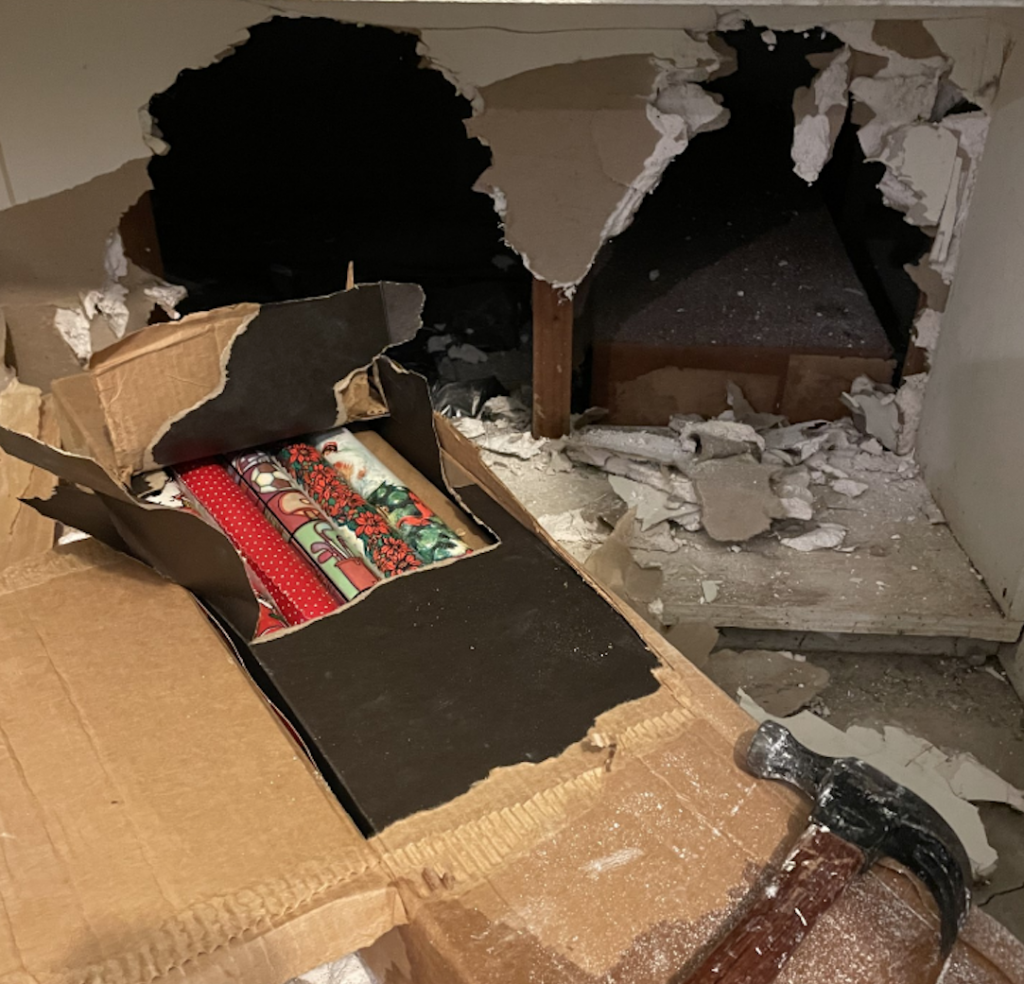[Readers trying to avoid sugar for health reasons may want to skip this post.]
My basement recently flooded, and I was forced to knock out some drywall to prevent mold. At one point, I discovered a secret compartment that was completely walled in. It contained several boxes.
Here I should digress and mention that I’ve always been fascinated by the idea of finding treasure. When I was young, I collected old coins. Thus the specific form of treasure I imagined was a box of gold or silver coins that some old rich guy had hidden away, due to the fact that he lost trust in banks after losing his money in the Depression. (I once knew a guy like that.)
As an adult, the few cases where I found treasure involved finding valuable posters and prints in an obscure midwestern antique shop, not hoards of gold coins. It’s thrilling!
For me, the utility derived from treasure vastly exceeds its monetary value. I’d get more pleasure out of finding a box of coins worth $10,000 than I would from seeing my 401k go up by $100,000.
In any case, you cannot imagine how excited I was to see those boxes in that walled-in space. Why would someone hide something there if it were not valuable? I ripped open the first box and discovered . . . 6 rolls of holiday wrapping paper. There was a second box (dimly visible on the right), which was even larger. It contained 10 rolls of wrapping paper. Based on the style, the rolls are from the late 1960s. That means they were brought to this house by the owner who built it in 1979—and then sealed in. Why?
By coincidence, I’ve been reading the short stories by Nathaniel Hawthorne, which are full of parables, allegory and symbolism. What sort of message would Hawthorne find in my anecdote? What sort of message is the universe sending me? A greedy old miser seeks buried gold coins, and discovers that life’s greatest treasure is actually . . .
. . . giving?
Bah humbug.
